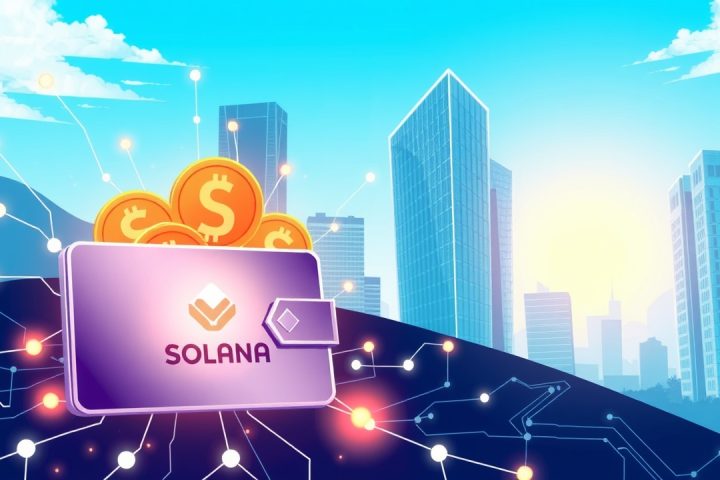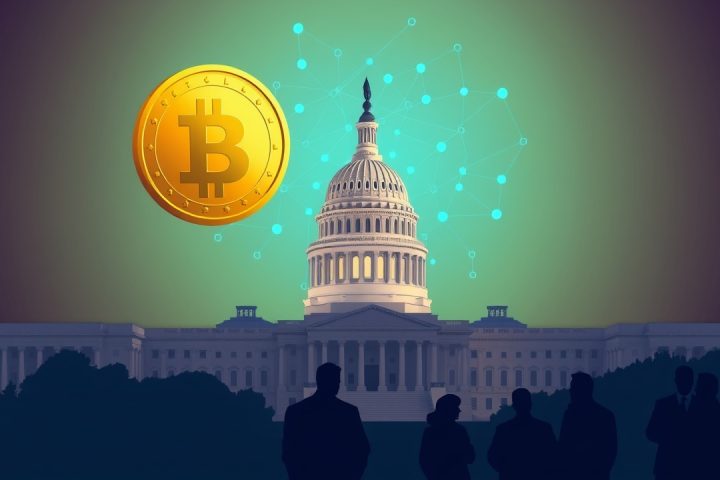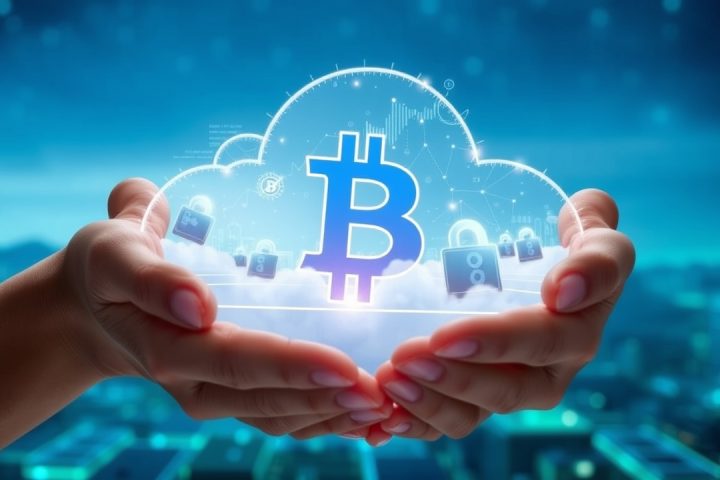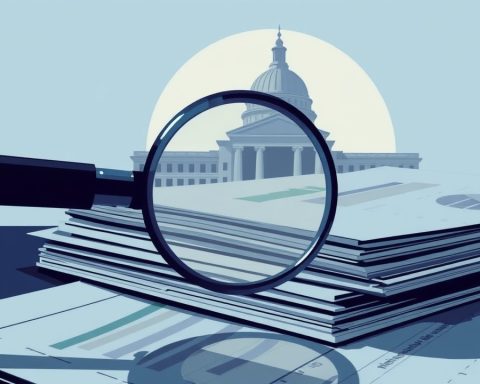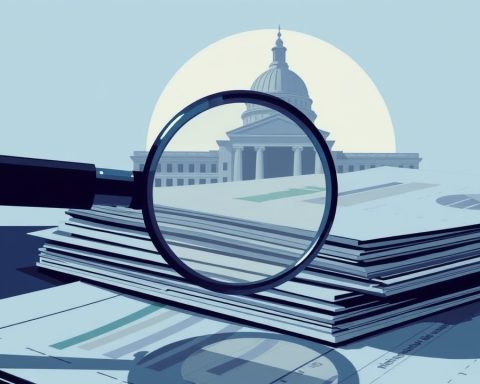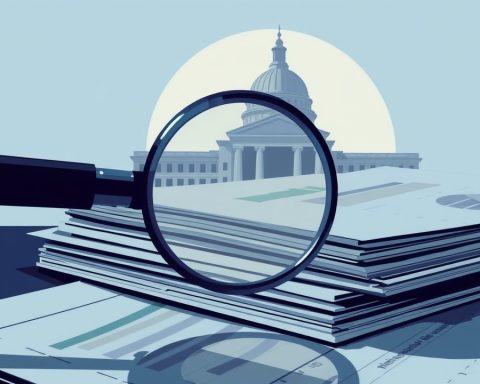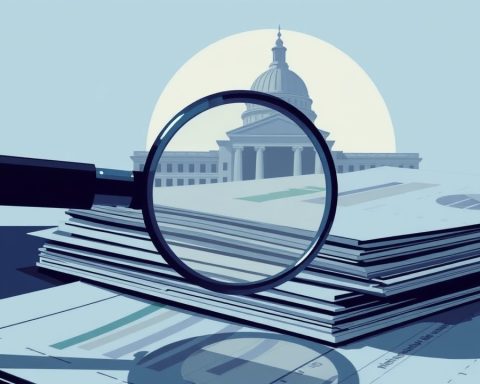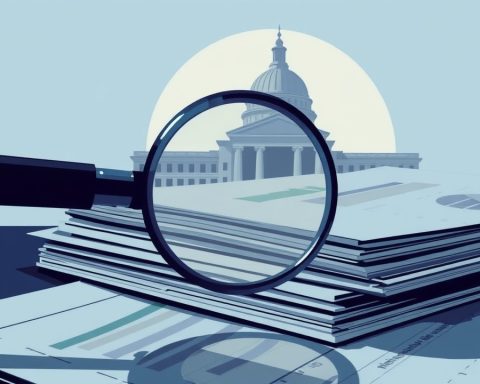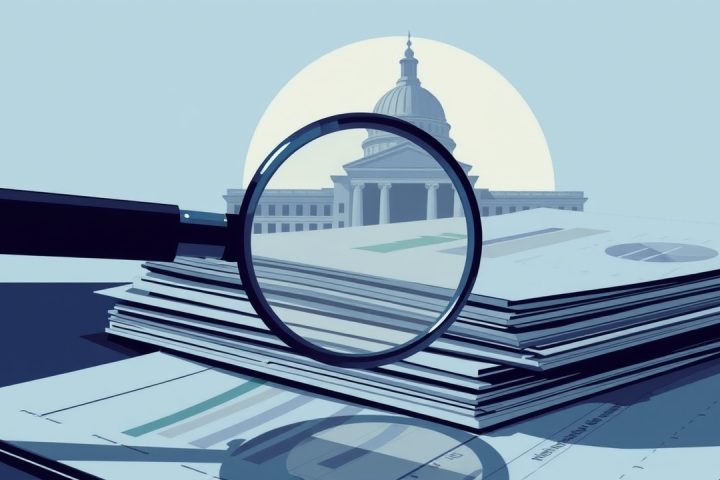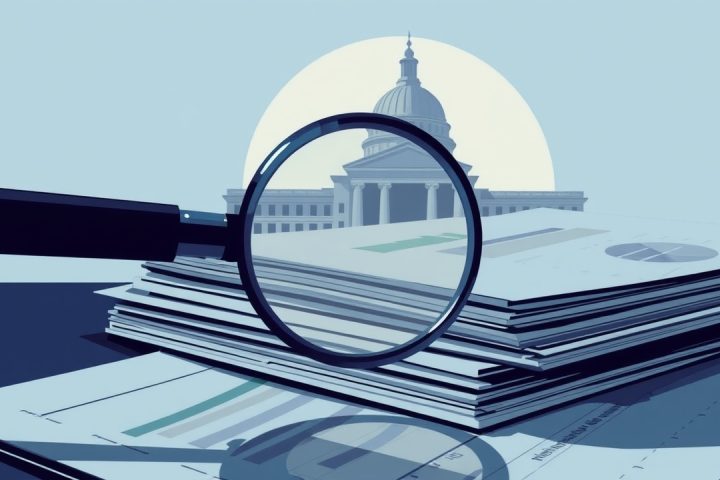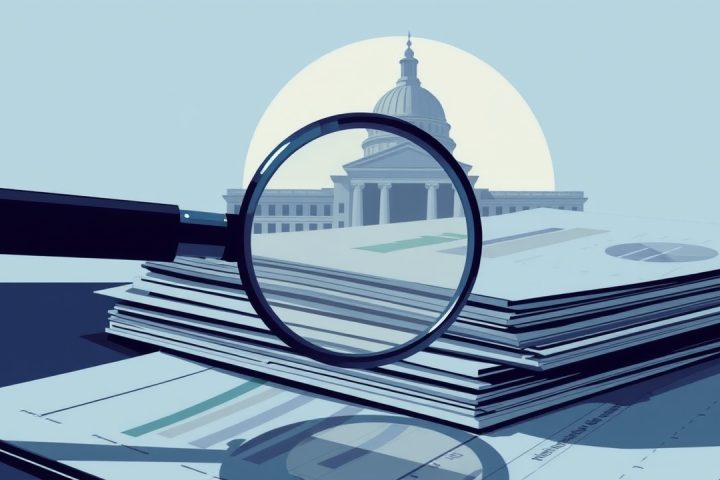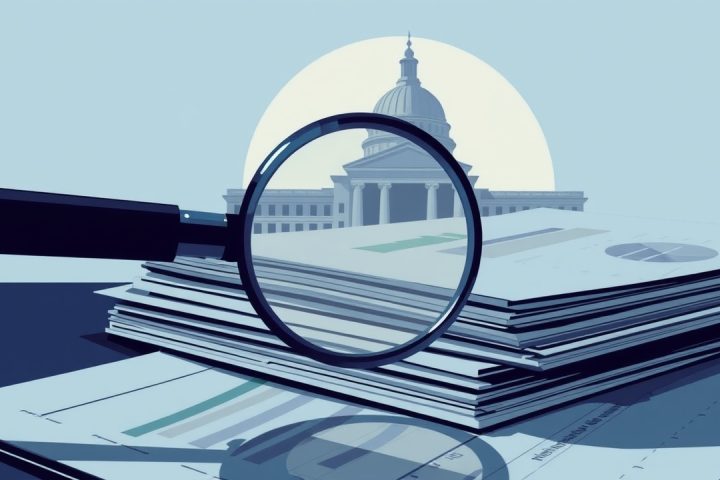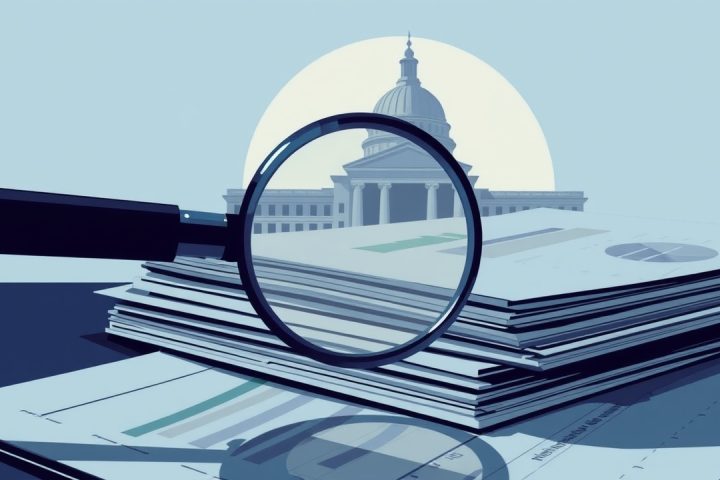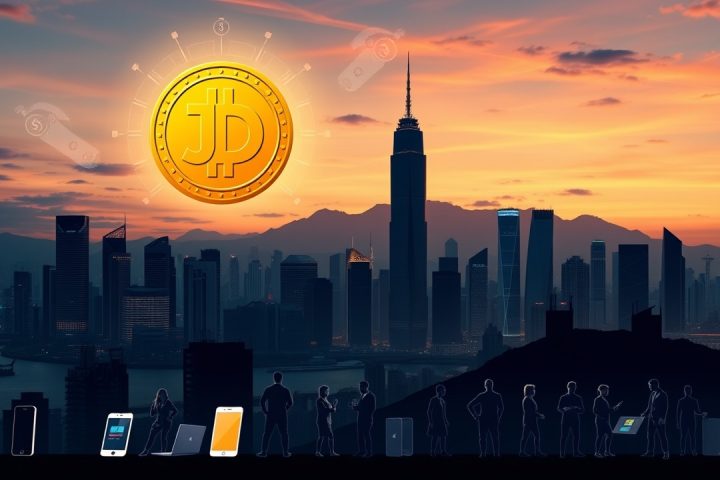Introduction
Author: Haotian
In the recent wake of a hacking incident, Sui announced the successful freeze of a hacker’s address holding approximately $160 million in stolen assets, a move that raises significant questions about the true nature of decentralization in blockchain technology. How was such an action executed, and what implications does it carry for decentralized networks?
Mechanism Behind the Action
According to the official communication from Sui, an extensive collaboration among validators allowed them to detect the addresses associated with the stolen funds. They then opted to ignore transactions that originated from these addresses, effectively rendering the hackers unable to access their funds. This analysis divides the mechanism behind this action into several technical components:
Validator-Level Transaction Filtering
The validators operated in a coordinated manner to disregard any transactions linked to the hacker’s address. This occurred during the mempool stage, where transactions are reviewed before being added to the blockchain. While these transactions technically met the criteria for validity, they were never included in the blockchain. Therefore, the hackers’ assets remained “locked” in their address—akin to possessing a bank card that no ATM will accept.
Functionality of the Move Object Model
The Move programming language significantly facilitated this freezing process. For the hacker to transfer the stolen assets, such as USDC or SUI tokens, a transaction must be validated and executed on-chain. Since validators hold the key to confirming transactions, if they collectively refuse to process any from the hacker’s address, those assets cannot be moved—illustrating a scenario where, despite nominal ownership, the hacker is rendered powerless.
Implications for the Market
The continuous enforcement by Sui’s validators ensures that the funds cannot be circulated, effectively neutralizing the stolen assets’ impact on the market, akin to them being destroyed and contributing to a deflationary effect. Additionally, Sui might have a system-level deny list feature in place: should such a blacklist be activated, it could systematically prevent any transactions from the flagged addresses.
Decentralization Concerns
Despite this organized effort, concerns about decentralization arise. The validator network’s concentration of power became evident, as a small number of nodes were able to make critical decisions impacting the whole network. This isn’t an isolated issue; similar risks regarding validator concentration are prevalent across various proof-of-stake (PoS) networks, including Ethereum and Binance Smart Chain, yet Sui’s situation has amplified these concerns.
Future of the Frozen Funds
Interestingly, Sui indicated intentions to return the frozen funds to the market. However, this poses a paradox: if validators deny packaging transactions linked to the hacker, the funds arguably should remain inaccessible indefinitely. This situation forces a critical evaluation of the Sui network’s decentralization. Are there central authorities with overarching capabilities to alter ownership directly? Further clarification from Sui is needed about their freezing protocol.
Trade-offs in Decentralization
Before the specifics surface, a larger conversation about the trade-offs in decentralization must be undertaken. Questions arise: Is it justified to sacrifice some degree of decentralization in favor of protecting user assets during security breaches? What assurances do users have when defining what constitutes stolen funds? Who establishes these boundaries, and how does the network prevent abuse of such power in the future? Setting a precedent for freezing funds could undermine the very principle of censorship resistance that public blockchains stand for, ultimately eroding user confidence.
Conclusion
The contention lies within Sui’s balance between user security and decentralized governance. There exists an urgent need for transparent mechanisms that delineate governance practices and standards if blockchain projects aim to maintain user trust while addressing the trade-offs inherent in decentralized systems.


